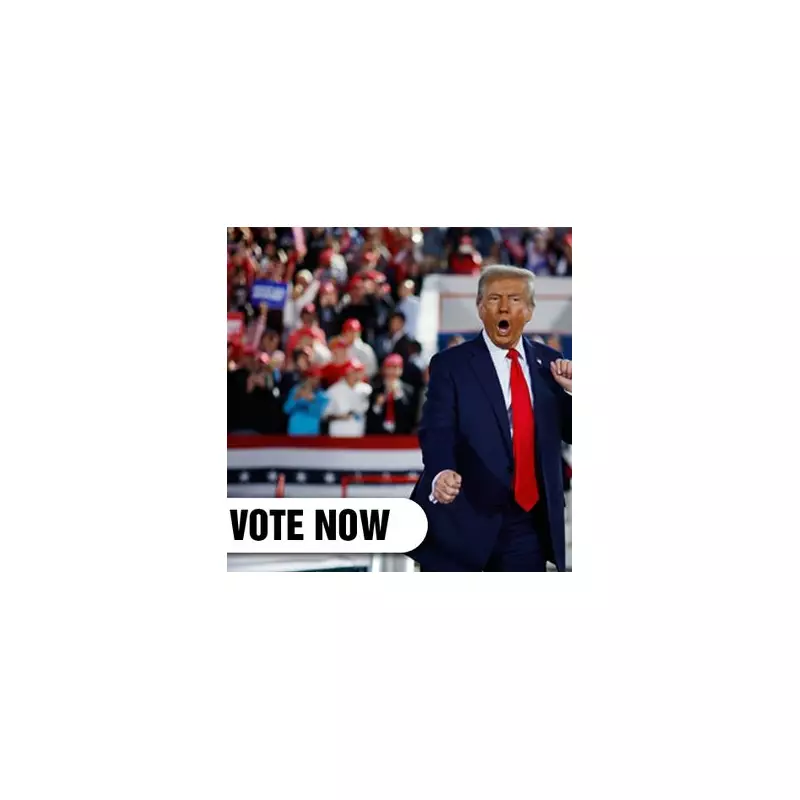
Donald Trump's behaviour during the current presidential campaign has become significantly more 'unhinged' than it was during his turbulent time in the White House, according to a former British ambassador to the United States.
Sir Peter Westmacott, who served as ambassador from 2012 to 2016, expressed his profound concerns about the former president's increasingly erratic rhetoric and the potential implications for global stability should he secure a second term.
A Diplomat's Grave Assessment
In a candid interview, Sir Peter did not mince his words. He stated that the Trump visible on the campaign trail today appears far more extreme than the leader he observed during Trump's first term. The former ambassador suggested that the guardrails provided by the presidency have been removed, allowing for a more volatile and unpredictable version of the politician to emerge.
'It does look pretty unhinged at the moment,' Sir Peter remarked, highlighting the stark contrast between the campaign persona and the individual he once engaged with diplomatically.
Concerns Over a Second Term
Sir Peter's warnings extend beyond the campaign rhetoric. He voiced apprehension about what a second Trump administration might mean for international relations, particularly for key allies like the United Kingdom.
- NATO and Ukraine: He expressed specific anxiety about Trump's ambiguous stance on supporting Ukraine and his past criticisms of the NATO alliance.
- Global Leadership: The former ambassador questioned whether the US would continue to play its traditional role as a leader of the Western world.
- UK-US 'Special Relationship': While he believes the fundamental ties would endure, he cautioned that the relationship would likely become 'more complicated and more transactional.'
A More Isolated America?
The core of Sir Peter's concern lies in a potential shift towards American isolationism. He fears that a Trump victory in November could signal a US retreat from its global responsibilities, creating a power vacuum that other nations, potentially adversaries, would be eager to fill.
'If the United States is no longer going to be the leader of the free world,' he pondered, 'who is going to do it? Are we going to see a free-for-all?' This scenario, he suggests, would pose significant challenges for British foreign policy and global security architecture.
Sir Peter Westmacott's analysis presents a sobering perspective from a seasoned diplomat, suggesting that the world may be facing a more unpredictable and confrontational chapter in US politics should Donald Trump return to power.





